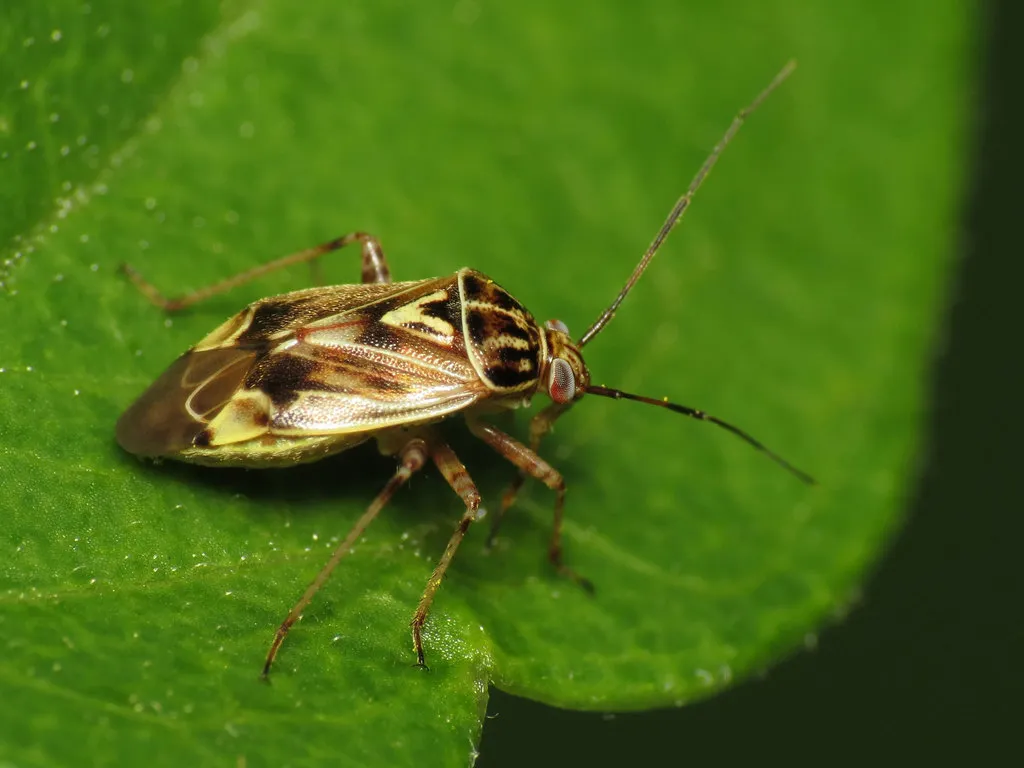In the ever-evolving world of health and wellness, trends come and go—but every so often, something new pops up that leaves everyone wondering, “What exactly is that?” One such term that’s recently been surfacing across wellness blogs, TikTok trends, Reddit threads, and alternative health communities is lyposingrass. It’s mysterious. It’s catchy. And yet… nobody seems to have a clear answer.
So, what is lyposingrass? Is it a plant? A supplement? A workout routine? Or is it all hype?
Let’s dive deep into the world of this strange-sounding term and decode what the fuss is really about.
What Exactly Is Lyposingrass?
While “lyposingrass” may sound like an exotic herb plucked straight from the Amazon, it’s not officially recognized in any scientific or botanical databases. That hasn’t stopped wellness influencers and “biohacking” communities from promoting it, though.
From what we can gather, lyposingrass appears to be either:
- A blended concept of fat-burning (lipolysis) and grass-based detox products
- A fictional or coined term used to describe natural or herbal products marketed for weight loss
- Or simply an online viral trend with roots in humor, meme culture, or unverified claims
In essence, lyposingrass could represent any plant-based compound or lifestyle tip marketed to aid in fat loss or body toning.
Is It Real or Just a Buzzword?
Here’s the catch: there is no verified medical or herbal product officially labeled as lyposingrass. The term seems to be a marketing-friendly mash-up of “liposuction,” “lipolysis,” and “lemongrass” or other green-sounding natural elements. That makes it perfect for branding, TikTok content, or unregulated product labels.
People claim it helps with:
- Burning stubborn belly fat
- Detoxifying the body
- Reducing bloating
- Enhancing skin clarity
But—there’s no scientific evidence backing any of these claims under the name “lyposingrass.”
What’s Actually Being Sold?
A few wellness products (especially in dropshipping or sketchy online stores) have begun using the term “lyposingrass” on:
- Herbal teas marketed for “deep fat cleansing”
- Gummies and capsules branded for weight loss
- Topical creams claiming to “melt fat while you sleep”
- Detox patches for feet or abdomen
Almost all of these lack FDA approval, clinical testing, or transparent ingredient lists.
Is Lyposingrass Safe?
Short answer: Be cautious.
Because the term isn’t linked to any known substance or health protocol, there’s no way to verify the safety or effectiveness of products using the label. That’s a red flag.
Watch out for:
- Over-the-top promises (“Lose 10 pounds in 3 days!”)
- No listed ingredients or vague “proprietary blend”
- Fake before-and-after pictures
- Sellers that vanish overnight
Why Is It So Popular Then?
The internet loves quirky, aesthetic-sounding trends—especially when paired with the promise of an easy fix. “Lyposingrass” checks all the boxes:
- It sounds organic and exotic
- It aligns with current wellness trends (detox, fat loss, “natural” cures)
- It’s shareable and meme-worthy
- It creates FOMO (fear of missing out) and urgency
Social media doesn’t need facts to make something go viral—it needs vibe.
The Real Takeaway
Whether lyposingrass is a hoax, a clever marketing term, or the next turmeric, one thing is clear: there’s no magic plant or supplement that replaces science-backed fitness and nutrition.
If you’re looking to:
- Burn fat
- Detox safely
- Improve your health
…stick to real strategies: healthy eating, regular exercise, hydration, and sleep. And always do your own research before trying new supplements or health trends.
Final Thoughts
“Lyposingrass” might not be real, but it represents something very real: our collective hope for simple solutions to complex health goals. And while we all want fast results, real wellness requires a blend of patience, facts, and sustainable habits.
So next time you come across lyposingrass tea or detox gummies, think twice. Then maybe pour yourself a glass of water, go for a walk, and scroll past.
Because in wellness, hype fades—but health sticks.



